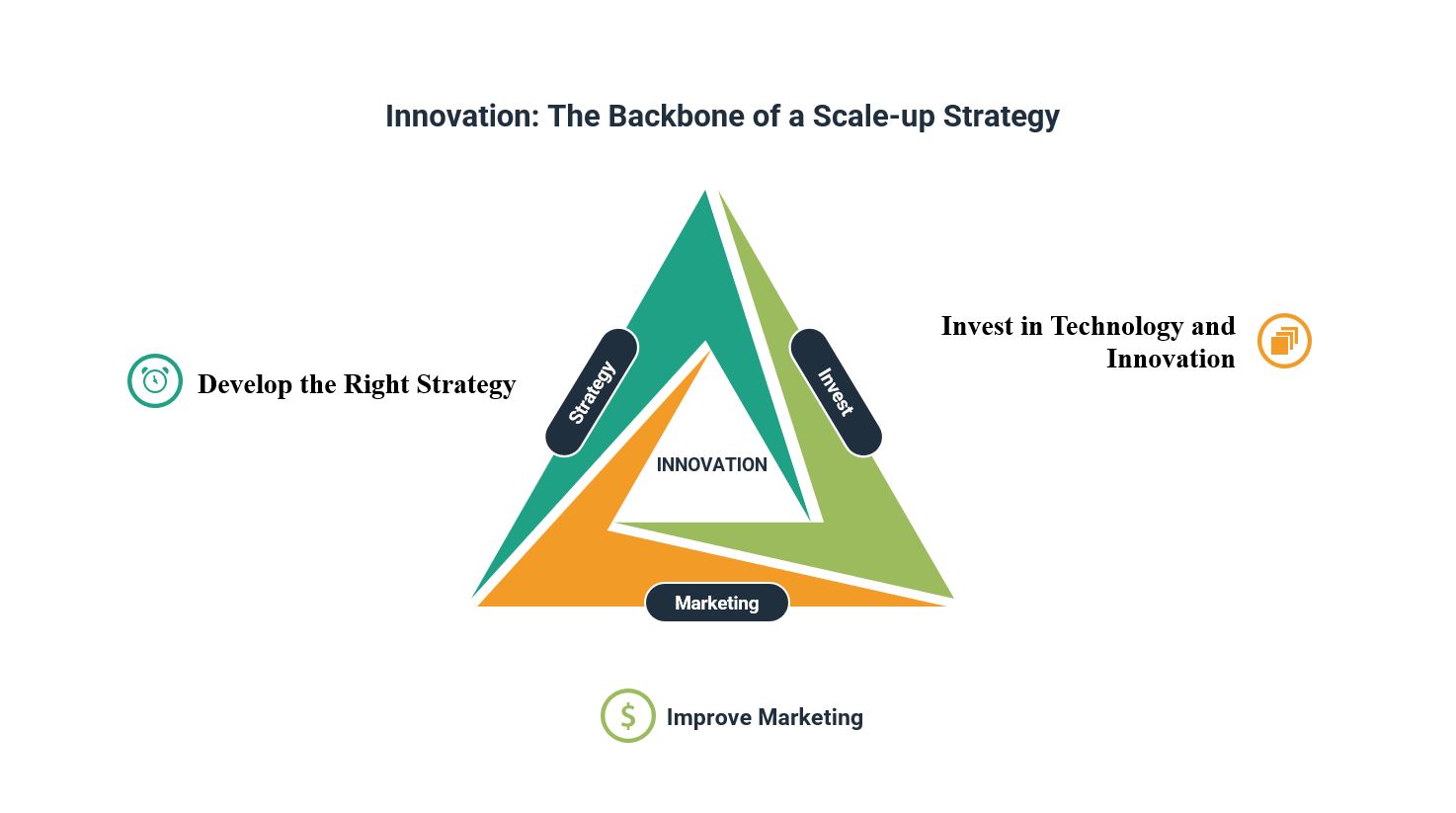Is Daycare Too Soon? Weighing The Risks For Young Children's Development

Table of Contents
Developmental Impacts of Early Daycare Entry
The decision of when to start daycare for young children significantly impacts their development. While daycare offers benefits like socialization and structured learning, early entry can present potential risks. Let's examine these impacts across different developmental domains.
Social-Emotional Development
Placing infants in daycare early can affect their social-emotional development.
- Increased risk of insecure attachment in some cases: Early separation from primary caregivers can, in some instances, lead to insecure attachment styles if the daycare environment doesn't provide consistent, sensitive care. The quality of the caregiver-child relationship is paramount.
- Potential for exposure to a wider range of social interactions, both positive and negative: Daycare exposes children to diverse social dynamics, fostering social skills but also potentially introducing conflict and negative behaviors. The daycare's ability to manage these interactions effectively is critical.
- Importance of a sensitive and responsive daycare environment: A high-quality daycare with responsive caregivers who understand infant cues and provide consistent care is crucial for mitigating these risks. Look for daycares that prioritize warm and nurturing interactions.
Cognitive Development
Early daycare can influence cognitive development, but the impact is complex and depends heavily on the quality of care.
- Potential for enhanced cognitive skills in stimulating environments: High-quality daycares offering age-appropriate activities, educational toys, and engaging interactions can stimulate cognitive growth and language development. Look for daycares that use developmentally appropriate practices.
- Potential for overstimulation or lack of individualized attention in low-quality daycare settings: Conversely, low-quality daycares with overcrowded classrooms and insufficiently trained staff may lead to overstimulation or a lack of individual attention, hindering optimal cognitive development. Smaller class sizes and qualified educators are essential.
- Importance of age-appropriate activities and learning opportunities: Daycares must provide age-appropriate activities that challenge children without overwhelming them. A balanced approach that caters to individual learning styles is vital for maximizing cognitive benefits.
Physical Health Risks
Group care settings inherently increase the risk of illness transmission.
- Increased exposure to infectious diseases: Daycares are breeding grounds for common childhood illnesses like colds, flu, and gastrointestinal infections. This increased exposure can be a concern, particularly for young infants with weaker immune systems.
- Importance of robust hygiene protocols in the daycare center: Stringent hygiene practices, including regular handwashing, disinfection, and illness management protocols, are vital for minimizing the spread of infection.
- Consideration of the daycare's illness policies and procedures: Before enrolling, thoroughly review the daycare's illness policies and how they handle sick children to ensure their procedures align with your comfort level.
Factors to Consider When Choosing Daycare
Choosing the right daycare requires careful consideration of several factors beyond just proximity and cost.
Daycare Quality and Accreditation
Thorough research is essential.
- Look for NAEYC accreditation or similar benchmarks: The National Association for the Education of Young Children (NAEYC) accreditation indicates a commitment to high-quality care and education. Consider accreditation as a significant indicator of quality.
- Assess teacher-to-child ratios and staff qualifications: Favor daycares with low teacher-to-child ratios and highly qualified, experienced staff. This ensures individual attention and appropriate supervision.
- Observe the daycare environment firsthand to assess cleanliness and safety: A personal visit allows you to assess the cleanliness, safety, and overall atmosphere of the daycare. Observe interactions between staff and children.
Your Child's Temperament and Individual Needs
Your child's personality and developmental stage play a crucial role.
- Highly sensitive children might require a smaller, more nurturing environment: Highly sensitive children may benefit from smaller group settings with more individualized attention and fewer overwhelming stimuli.
- Consider your child's readiness for separation from primary caregivers: Assess your child's readiness for separation. A gradual transition process can ease the adjustment.
- Consult with your pediatrician or child development specialist: Discuss your concerns and your child's specific needs with your pediatrician or a child development specialist for personalized guidance.
Parental Availability and Support
Parental involvement significantly influences the child's adjustment.
- Frequent visits and communication with daycare providers are beneficial: Regular communication with daycare staff helps establish a strong partnership and allows for a smooth transition.
- Maintaining a consistent and loving home environment is crucial: A stable and loving home environment provides a secure base for your child, even while they're in daycare.
- Consider the impact of parental stress and work-life balance on the decision: Recognize the impact of your own stress levels on the decision-making process.
Alternatives to Traditional Daycare
Traditional daycare isn't the only option.
In-Home Care
Hiring a nanny or caregiver offers advantages and disadvantages.
- Greater individual attention and personalized care: In-home care provides one-on-one attention tailored to your child's individual needs and preferences.
- Potentially higher cost compared to daycare: In-home care is typically more expensive than daycare.
- Challenges in finding reliable and qualified in-home caregivers: Finding a trustworthy and qualified in-home caregiver can be challenging and requires thorough background checks and reference checks.
Family Support Networks
Family members can offer a nurturing and familiar environment.
- Strong family bonds and established trust: Care from grandparents or other family members can build strong family bonds and foster a sense of security.
- Potential limitations in terms of availability and flexibility: Family members may have limitations regarding availability and flexibility.
- Importance of clear communication and expectations within the family: Clear communication and expectations regarding childcare arrangements are essential for a successful arrangement.
Conclusion
The decision of whether daycare is too soon for your child is highly personal and depends on numerous factors. Weighing the potential developmental risks associated with early daycare entry against the benefits of socialization and educational enrichment requires careful consideration. By assessing daycare quality, your child's temperament, and available family support, you can make a well-informed choice that prioritizes your child's well-being. Remember to thoroughly research different daycare options and consult with professionals to determine the best path for your family. Choosing the right daycare for your young child is a crucial step; don't hesitate to seek further information about daycare for young children and early childhood daycare to ensure the best possible start for your little one.

Featured Posts
-
 Summer Travel 2024 Real Id Requirements And Airport Security
May 09, 2025
Summer Travel 2024 Real Id Requirements And Airport Security
May 09, 2025 -
 Unprovoked Racist Killing A Familys Unbearable Grief
May 09, 2025
Unprovoked Racist Killing A Familys Unbearable Grief
May 09, 2025 -
 Expensive Babysitter Leads To Even Pricier Daycare One Mans Story
May 09, 2025
Expensive Babysitter Leads To Even Pricier Daycare One Mans Story
May 09, 2025 -
 Luis Enriques Psg Transformation How They Secured The Ligue 1 Win
May 09, 2025
Luis Enriques Psg Transformation How They Secured The Ligue 1 Win
May 09, 2025 -
 Champions League Semi Finals Barcelona Inter Arsenal Psg Dates
May 09, 2025
Champions League Semi Finals Barcelona Inter Arsenal Psg Dates
May 09, 2025
Latest Posts
-
 Understanding The Impact Of Federal Riding Changes In Greater Edmonton
May 10, 2025
Understanding The Impact Of Federal Riding Changes In Greater Edmonton
May 10, 2025 -
 Edmonton Unlimiteds Global Impact Strategy Scaling Tech And Innovation
May 10, 2025
Edmonton Unlimiteds Global Impact Strategy Scaling Tech And Innovation
May 10, 2025 -
 Federal Riding Boundary Changes Their Effect On Edmonton Area Voters
May 10, 2025
Federal Riding Boundary Changes Their Effect On Edmonton Area Voters
May 10, 2025 -
 Edmonton Unlimiteds New Tech And Innovation Strategy Scaling For Global Impact
May 10, 2025
Edmonton Unlimiteds New Tech And Innovation Strategy Scaling For Global Impact
May 10, 2025 -
 Edmonton Oilers Projected To Win Against Los Angeles Kings Betting Analysis
May 10, 2025
Edmonton Oilers Projected To Win Against Los Angeles Kings Betting Analysis
May 10, 2025
